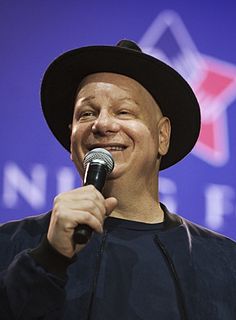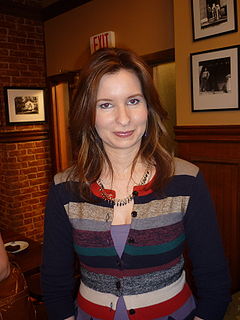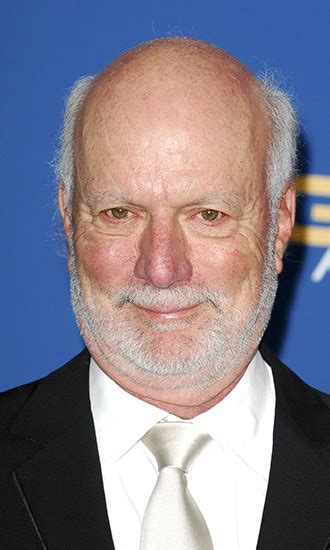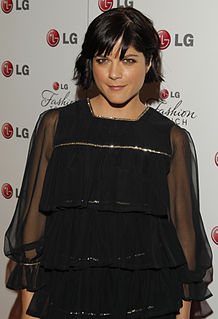A Quote by David Walliams
It's easier not to make a particular joke in case it offends. But every joke will offend someone, and I've always believed that the audience is bigger than one person. The danger is that things will become bland.
Related Quotes
I have become a giant fan of the testing process, especially with a comedy. I mean, they tell you what's funny. It's almost tailor-made for people who shoot the way we shoot, trying a million different options and versions of things. Because the audience doesn't laugh at a joke, we put in another joke. If they don't laugh at the next joke, we put in another joke. You just keep doing them and you can get the movie to the point where every joke is funny, if you have enough options in the can.
Often, when you're in some of these writing rooms for... and the most restrictive is network television, right? They say, 'Wow, that's a great joke, but we can't do that. Okay, let's try the second joke. Oh, you can't do that one. But the third joke you can do,' and hopefully it will be great, but it will remind people of what the joke really was.
I keep on repeating something told to me by an American psychologist: "When you are making a joke about someone and you are the only one to laugh, it is not a joke. It is a joke only for yourself." If people are making a joke they have the right to laugh at me but I will ignore them. Ignoring doesn't mean that you don't understand. You understand it so much that you don't want to react.



































